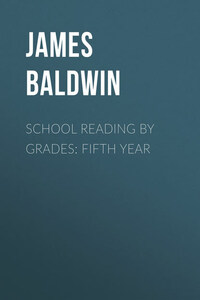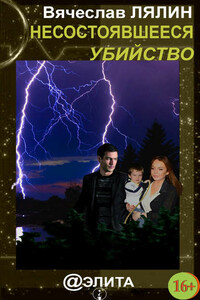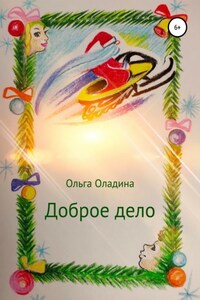School Reading By Grades: Fifth Year

Книга "School Reading By Grades: Fifth Year", автором которой является James Baldwin, представляет собой захватывающую работу в жанре Зарубежная старинная литература. В этом произведении автор рассказывает увлекательную историю, которая не оставит равнодушными читателей.
Автор мастерски воссоздает атмосферу напряженности и интриги, погружая читателя в мир загадок и тайн, который скрывается за хрупкой поверхностью обыденности. С прекрасным чувством языка и виртуозностью сюжетного развития, James Baldwin позволяет читателю погрузиться в сложные эмоциональные переживания героев и проникнуться их судьбами. Baldwin настолько живо и точно передает неповторимые нюансы человеческой психологии, что каждая страница книги становится путешествием в глубины человеческой души.
"School Reading By Grades: Fifth Year" - это не только захватывающая история, но и искусство, проникнутое глубокими мыслями и философскими размышлениями. Это произведение призвано вызвать у читателя эмоциональные отклики, задуматься о важных жизненных вопросах и открыть новые горизонты восприятия мира.







